Search
03649 THE IMPACT OF OIL FIELD CHEMICALS ON REFINERY CORROSION PROBLEMS
Also Purchased
02276 WHY CORROSION INHIBITORS DO NOT PERFORM WELL IN SOME MULTIPHASE CONDITIONS: A MECHANISTIC STUDY
Product Number:
51300-02276-SG
ISBN:
02276 2002 CP
Publication Date:
2002
$20.00
00005 PROTECTIVE PROPERTIES OF CRUDE OILS IN CO2 AND H2S CORROSION
Product Number:
51300-00005-SG
ISBN:
00005 2000 CP
$20.00
02274 EFFECTIVENESS OF CORROSION INHIBITORS IN RETARDING PROPAGATION OF LOCALISED CORROSION
Product Number:
51300-02274-SG
ISBN:
02274 2002 CP
Publication Date:
2002
$20.00




